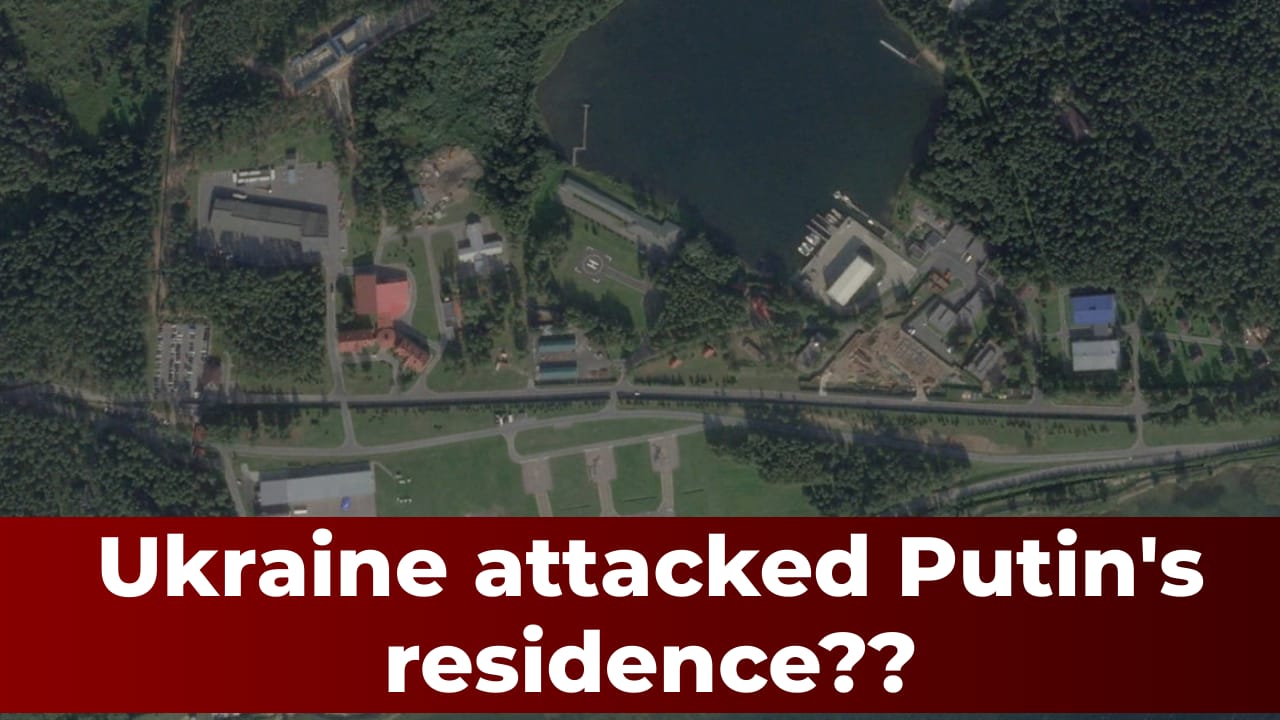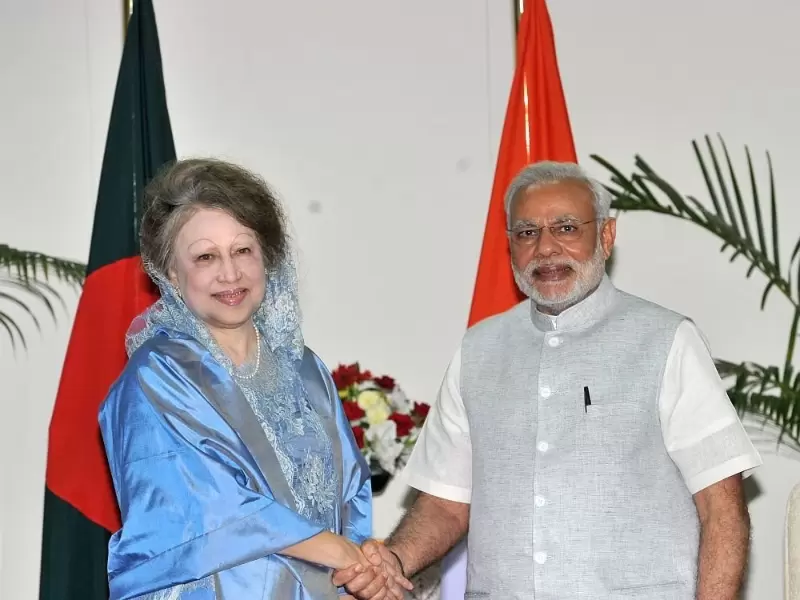POP
See MoreCommunity
See MoreBAPS charities donates food for homeless in Ontario
BAPS donated 2000 pounds of food to The Downtown Mission of Windsor, an organization focusing on the homeless community.
-
The event is held once every five years, as a forum for senior functionaries and volunteers associated with Hindu organizations...
-
Interfaith advocates condemn treatment of Muslim women after Bihar chief minister’s actions at government event.
-
The nationwide initiative brings together Dharmic groups and volunteers to support food pantries and shelters across the U.S. during the...
ADVERTISEMENT
Videos
View AllOpinion
See MorePeople
See MoreIndian-origin scientists awarded for self-cloning crops
The award recognizes research that enables hybrid crops to retain high yields across generations.
-
Vergadia shared her journey from failing IIT twice to landing jobs in big tech like Google and Microsoft, writing books,...
-
Ullal currently ranks 714th in the global list of billionaires with an estimated net-worth of $5.7 billion.
-
The two Indian Americans will serve on the New York City board that sets annual rent increases for rent-stabilized apartments.
ADVERTISEMENT
Entertainment
See More
Vels Film International, the production house that is producing the film, shared a BTS video that featured clips of all the stars who had worked in the film and their brief opinion about the project.
-
The images showed the actor immersed in Flow by Mihaly Csikszentmihalyi, whose work on flow has shaped thinking across art,...
-
He noted that he does not want revenge or redemption, he wants real change.
-
Before saying goodbye to 2025, Shilpa expressed her gratitude for...
-
Forbes said that while Beyonce has expanded her business empire...
-
ADVERTISEMENT
Immigration
See More
On Dec. 2, USCIS paused all pending asylum applications for review, citing national security priorities.
-
At the same time, a majority of Americans continue to say that at least some immigrants who are in the...
-
The embassy directed applicants to credible resources while warning against fake documents and unnecessary agent involvement.
-
Court records state that Naveen, a citizen of India, entered...
-
The post comes as the UK considers extending settlement timelines...
Food
See More-
Instagram content creator Anushk Sharma shared a heartfelt review of the Michelin starred Indian restaurant in Chicago.
-
The menu draws from Lucknow’s narrow lanes, Delhi’s Mughal-era durbars, Hyderabad’s Nizami kitchens and the coastal food cultures of Tamil...
-
ADF Foods is a fourth-generation family-owned leader in gourmet frozen
-
Chef came to Dallas on a very short visit over...
-
The fast-casual Indian chain expands with a growing U.S. footprint...
-
The rebranded restaurant features team-themed visuals and a stadium-style atmosphere...
-
Attendees will receive a tour of the kitchen, observe operational...
-
Onset of illness occurred between Nov. 28 and 29, with...
SPORTS NEWS
See Moreਭਾਰਤ ਲਈ ਆਪਣੇ 280ਵੇਂ ਮੈਚ ਵਿੱਚ ਇਹ ਮੀਲ ਪੱਥਰ ਹਾਸਲ...
This marked to be Jerrssis Wadia’s second BBL game, and...
India raced to 61/0 at the end of the powerplay,...
Kohli’s 16,000-run feat makes him only the second Indian player,...
News
See More-
ADVERTISEMENT
Please enter something
- Asian Americans
- Biz
- Books
- Canada
- Community
- Culture
- Dating
- Diplomacy
- Diwali
- Editor picks
- Editorial
- Explainers
- Fashion
- Features
- Food
- Immigration
- India
- India Decides '24
- India Independence Day
- Letters to the Editor
- Life
- Maha Kumbh
- Movies+
- News
- Opinion
- People
- Ram Mandir
- Reviews
- Sports
- Spotlight
- Tech
- Travel n’ Diplomacy
- Trump 2.0
- UK Votes 2024
- US Elections 2024
- USA
- West Coast




























